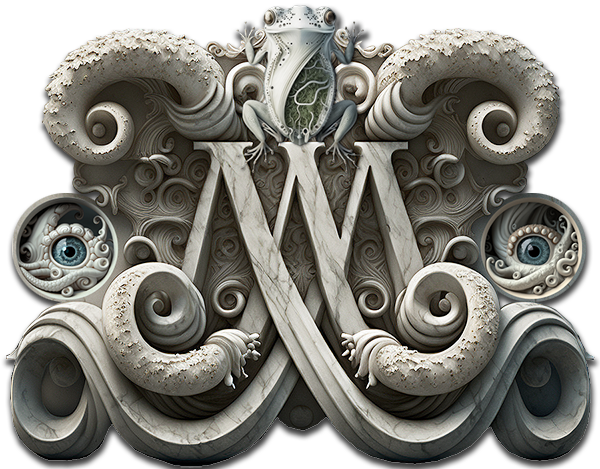
(1887) Bram Stoker Chapter One – Bis Dat Qui Non Cito Dat There was joy in the house of Bubb. For ten long years had Ephraim and Sophonisba Bubb mourned in vain the loneliness of their life. Unavailingly had they gazed into the emporia of baby-linen, and fixed their searching glances on the basket-makers’ warehouses where the cradles hung in tempting rows. In vain had they prayed, and sighed, and groaned, and wished, and waited, and wept, but never had even a ray of hope been held out by the family physician. But now at last the wished-for moment had arrived. Month after month had flown by on leaden wings, and the destined days had slowly measured their course. The months had become weeks; the weeks had dwindled down to days; the days had been attenuated to hours; the hours had lapsed into minutes, the minutes had slowly died away, and but seconds remained. Ephraim Bubb sat cowering on the stairs, and tried with high-strung ears to catch the strain of blissful music from the […]

